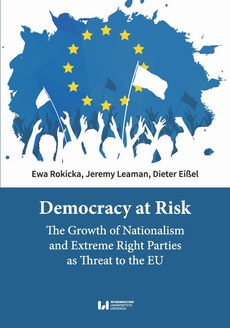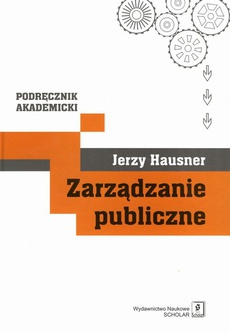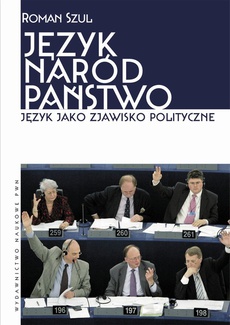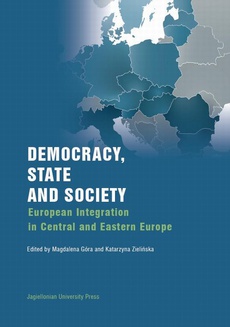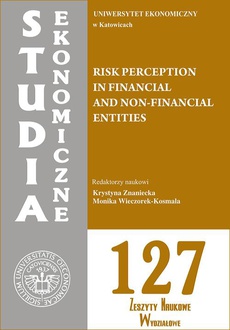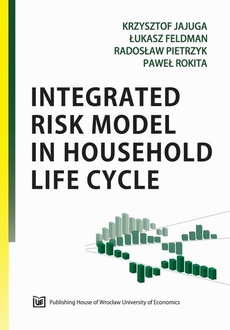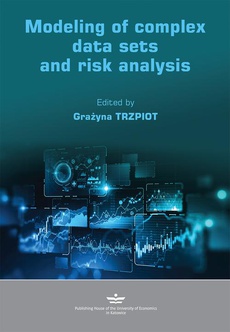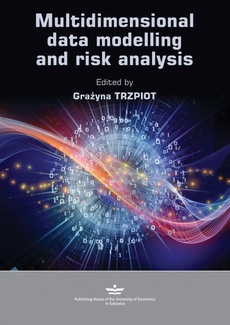POLECAMY
Democracy at Risk
The Growth of Nationalism and Extreme Right Parties as Threat to the EU
Autor:
Wydawca:
Format:
pdf, ibuk
The book analyses the threats to democracy that are associated with the rise of extreme-right parties and xenophobia in European Union countries. The authors show that the growing distrust towards democratic institutions and the increasing strength of populism and nationalism are connected with persistent inequalities and the malign focus on immigrants as scapegoats for the misery. Case studies from Germany, Great Britain, and Poland examine the details of the anti-democratic movements in these countries. They demonstrate the real threats to democracy and peaceful coexistence, and to the very future of the European project, its principles of solidarity and its political ambitions of convergence through mutual support. The reader will find in the book extensive empirical material outlining the situation in the European Union, along with proposals for solving the region’s social, economic and political dilemmas, for reversing the trends of fragmentation and for revitalising Europe’s democratic culture.
| Rok wydania | 2020 |
|---|---|
| Liczba stron | 200 |
| Kategoria | Politologia |
| Wydawca | Wydawnictwo Uniwersytetu Łódzkiego |
| ISBN-13 | 978-83-8220-017-1 |
| Numer wydania | 1 |
| Język publikacji | angielski |
| Informacja o sprzedawcy | ePWN sp. z o.o. |
Ciekawe propozycje
Spis treści
| Preface | 7 |
| 1. Aspects of Democracy | 11 |
| 1.1. Introduction | 11 |
| 1.2. Democracy, nationalism and populism | 16 |
| Bibliography | 24 |
| 2. The harmful impacts of market dogmatism and austerity policy | 25 |
| 2.1. From the welfare state to the “competition state” | 25 |
| 2.2. Greece as a laboratory for austerity policy | 26 |
| Bibliography | 33 |
| 3. Rising inequality in Europe | 35 |
| 3.1. Introduction | 35 |
| 3.2. Description of inequality in Europe | 36 |
| 3.3. Causes of the inequality growth | 47 |
| 3.4. Consequences of increasing inequalities | 56 |
| Conclusion | 64 |
| Bibliography | 65 |
| 4. EU strategies to combat regional inequality and poverty | 69 |
| 4.1. Introduction | 69 |
| 4.2. The objectives of convergence | 70 |
| 4.3. The goals of EU’s regional funding | 72 |
| Bibliography | 77 |
| 5. Better regulation and more democratic culture through the governance concept in the European Union | 79 |
| 5.1. Introduction | 79 |
| 5.2. Outdated structures | 80 |
| 5.3. Complex policy decision-making | 82 |
| 5.4. The broad meaning of governance from the EU’s perspective | 85 |
| 5.5. The principle of subsidiarity | 87 |
| 5.6. Involving civil society | 90 |
| 5.7. Transparency | 92 |
| 5.8. The Open Method of Coordination | 93 |
| 5.9. Better regulation complying with the proportionality principle | 95 |
| 5.10. “Smart Regulation”: a new strategy of governance | 97 |
| 5.11. Conclusion | 99 |
| Bibliography | 100 |
| 6. The case of Germany: reasons for the growth of “Alternative für Deutschland” (AfD) in the former GDR | 103 |
| 6.1. Introduction | 103 |
| 6.2. Failing convergence despite the German system of interstate equalisation | 104 |
| 6.3. Poor economic conditions in the former GDR | 108 |
| 6.4. Conclusion | 114 |
| Bibliography | 117 |
| 7. Case study UK: populism in Britain – the bitter harvest of financialisation, value-extraction and inequality | 119 |
| 7.1. Introduction | 119 |
| 7.2. Britain’s singularity: the blessing and the curse of history | 121 |
| 7.3. Financialisation and the new hegemony of disorder | 130 |
| 7.4. Financialisation: politically irresponsible, economically destructive and socially corrosive | 131 |
| 7.5. The weaponisation of insecurity in British political culture before the 2016 referendum | 140 |
| Bibliography | 149 |
| 8. Case Study Poland | 153 |
| 8.1. Poland and the European Union. Disputes and controversies | 153 |
| 8.2. Poland and the Copenhagen political criteria | 158 |
| 8.3. Poland and economic criteria | 161 |
| 8.4. Poland and volitional criteria | 163 |
| 8.5. Polexit? | 164 |
| Bibliography | 168 |
| 9. Rising xenophobia facing immigration | 169 |
| 9.1. The challenge | 169 |
| 9.2. The background of mass immigration to Europe | 171 |
| 9.3. Emergence of populist right-wing parties | 173 |
| 9.4. Peaceful multiculturalism at risk | 178 |
| 9.5. Humane alternatives to risky migration and xenophobia – needed steps to reduce harmful migration | 182 |
| Bibliography | 189 |
| 10. What should and could be done to regain democracy | 193 |
| Bibliography | 199 |

